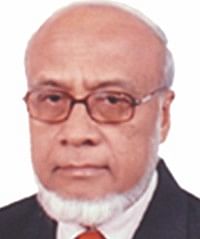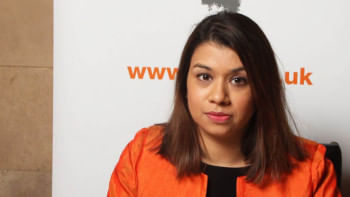Private universities in Bangladesh: An effective innovation in higher education

For last 20 years the economy of Bangladesh has been growing at the rate of 5% on average. This growth has been witnessed by the changing composition of GDP in the major sectors. Currently over 50% of GDP comes from the service sector and about 30% from manufacturing industries and agriculture contributing to just under 20%. This transformation in the economy created demand for higher education in the country. Given the problem of expansion of higher education in the public sector the government was convinced to pass an Act in 1992 for establishment of universities in private sector. That matched the expectation of the entrepreneurs. By now private sector universities enrollment reached 60% of total students in the campus based universities. The current government gave permission to set up 20 new universities mostly outside Dhaka. Previously there was a concentration in Dhaka. Even after this fast growth of private universities the ratio of enrollment of the age cohort (18-25 years) has just reached 5% only. In India the same ratio is 15% and in South Korea it is 50%, in Singapore it is 100%.
In this background we have to recognize the constraints faced by the universities in Bangladesh especially the private universities. The primary constraint has been shortage in supply of qualified teachers because universities need teachers with higher degrees from within and outside the country. There is clearly a lack of policy support from the government in this respect and the private sector is not yet ready to make that kind of investment. Private universities are not allowed to offer M. Phil, Ph. D. programmes although some of them have the required capability.
The government entrusted the UGC to supervise all universities in Bangladesh. Although it has not provided any kind of assistance to private universities. There is only one member of UGC who deals with over 70 private universities. Naturally the UGC's role has not been conducive to the private universities. It has tried to follow certain conditions laid down in the Private Universities Act 2010. Most stringent condition has been not to grant permission for any new program of study to the universities unless they move to their permanent campus on one acre of land within Dhaka city area and two acres outside Dhaka city. For the last 3 years excepting 6-7private universities who moved to their own campuses, the rest 50 could not expand their programmes to meet rising demand for enrollment in existing rented premises. We also did not see any effort by the UGC to visit campuses on a regular basis except when there were issues involving administrative and ownership conflicts in some private universities. UGC has only one member responsible for overseeing private universities both old and new.
There was an attempt to establish an “Accreditation Council” as per the Act of 2010. That would have been premature any way given the shortage of qualified teachers in most of the disciplines. On the side of the private universities there exists an Association of Private Universities with an elected executive committee. They also seemed to have become fatigued with the rapid growth in new universities, some clearly were granted permission last year on political considerations by the ruling party. Given the absolute shortage of qualified teachers these universities will find it difficult to operate in remote places.
The role of the press in fostering smooth development of private universities has not been helpful either. Instead of obtaining facts from the observation they simply publish reports based on information given by the UGC on so called compliance regarding permanent campus and outer campuses of some of the private universities. We know a good press is essential to foster desired growth in institutions in both public and private sector. We would expect the press to observe functioning of private universities on one to one basis as they operate to meet growing demand for higher education in Bangladesh. Just like the growth of RMG industries & MFIs, private universities have proved to be innovative and effective institution in Bangladesh. They need cooperation from all concerned to consolidate the growth that has already taken place. There is clearly an urgent need to increase the supply of qualified teachers among other constraints in campus development.
The writer is a Vice-Chancellor, Northern University Bangladesh.

 For all latest news, follow The Daily Star's Google News channel.
For all latest news, follow The Daily Star's Google News channel. 



Comments